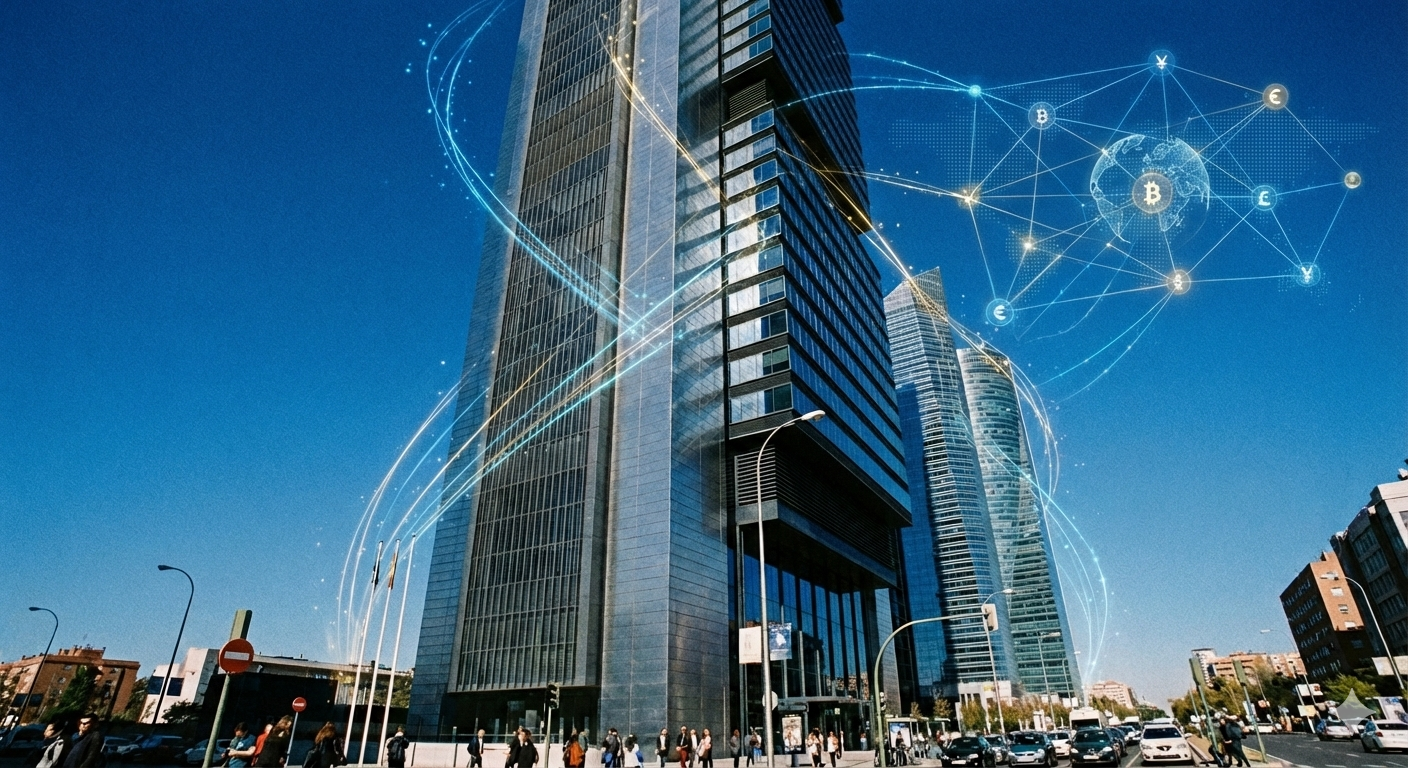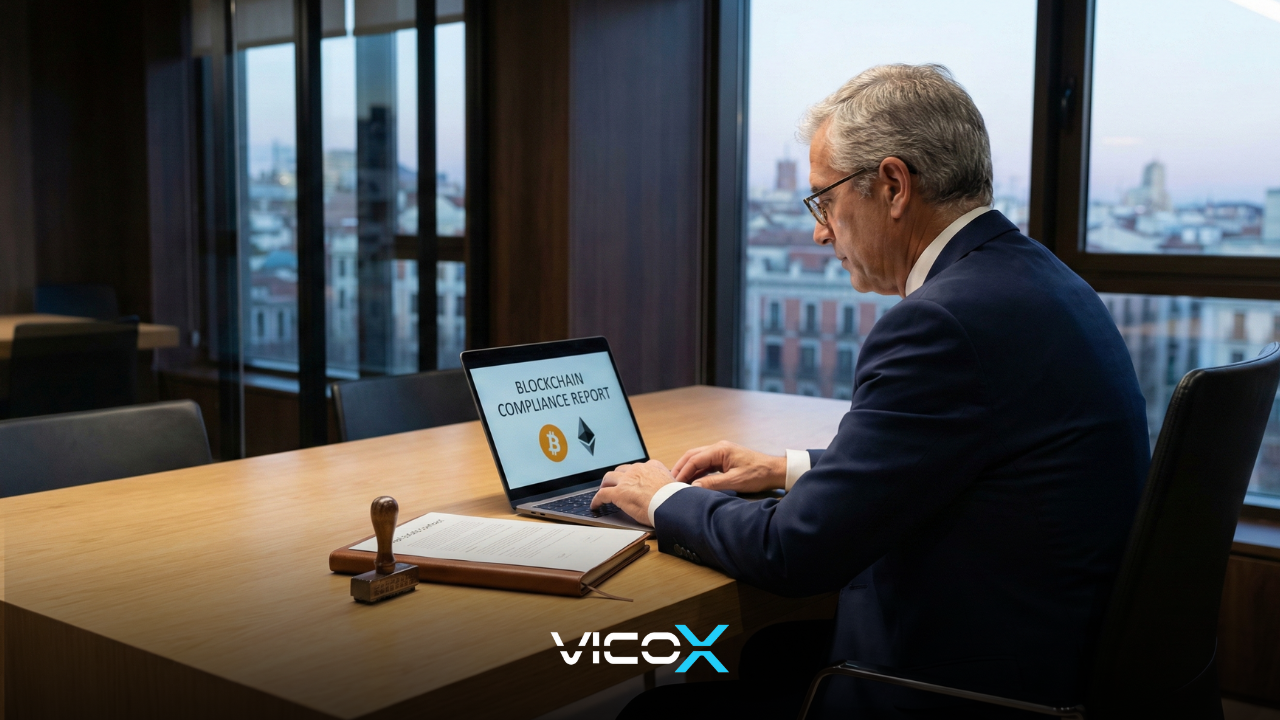Artificial intelligence is no longer a futuristic concept—it’s now an essential part of professional workflows, including in the legal industry. While OpenAI’s ChatGPT has long been the frontrunner among AI chatbots, a new challenger has emerged: DeepSeek, a powerful Chinese-developed assistant that’s making waves across the tech landscape in 2025.
With both tools offering advanced capabilities, which one truly stands out for professional users like law firms, corporate counsels, and legal tech developers? Let’s break it down.
AI Powerhouses: Comparing the Brains Behind the Bots
Both ChatGPT and DeepSeek are built on cutting-edge large language models (LLMs), capable of handling complex tasks ranging from drafting legal clauses to interpreting code.
- ChatGPT currently runs on a suite of models like GPT-4o, GPT-4o mini, and reasoning-focused versions like o1 and o3-mini. These are robust, high-performing, and extensively benchmarked.
- DeepSeek, meanwhile, is powered by its own models—DeepSeek V3 for general language tasks and DeepSeek R1 for deep reasoning. Despite using less powerful hardware due to international chip restrictions, DeepSeek’s team has delivered models that compete head-to-head with OpenAI’s, even outperforming them in mathematical and algorithmic reasoning challenges.
For legal professionals focused on accuracy in structured reasoning (e.g., compliance logic, code review), DeepSeek may offer a surprising edge.
Features: Ecosystem vs. Efficiency
ChatGPT: A Full-Fledged AI Suite
ChatGPT isn’t just a chatbot—it’s a comprehensive ecosystem. It includes:
- Image understanding (useful for reviewing scanned contracts or charts)
- Voice interaction and real-time visual input
- Custom instructions and memory to tailor the AI to your practice
- Integration with tools like Zapier, Gmail, and Slack, which is a game-changer for automating legal workflows
- Custom GPTs for specialized use cases (think: “LegalBot – IP Law Expert”)
- Desktop apps for Windows and Mac, adding seamless cross-device accessibility
This breadth of tools makes ChatGPT especially well-suited to busy legal professionals who need more than just raw AI horsepower.
DeepSeek: Lean and Accessible
DeepSeek has taken a more minimalist approach—prioritizing speed, openness, and affordability. It offers fewer bells and whistles, but its core functionality is strong, particularly when it comes to reasoning-intensive queries.
Where DeepSeek really shines is accessibility. Its top-tier models are currently free to use, with generous daily limits and no paywall, making it attractive for individual practitioners or startups experimenting with AI before committing to premium plans.
Privacy and Compliance: The Legal Perspective
For law firms and in-house legal teams, data security and jurisdictional control are non-negotiable.
- ChatGPT is developed by OpenAI (a U.S.-based company) and is increasingly compliant with enterprise-grade privacy standards. OpenAI now offers secure environments, audit logs, and regional data handling options—key considerations under GDPR and other regulatory frameworks.
- DeepSeek, however, is developed in China, raising concerns about data sovereignty and access by foreign state actors. While DeepSeek has been transparent about its architecture, the potential exposure of sensitive client data to Chinese government oversight is a real concern—especially for firms dealing with international or cross-border matters.
In high-stakes legal environments, ChatGPT holds the clear advantage in terms of trust and regulatory compliance.
Open Source and Developer Freedom
Another area where DeepSeek is generating buzz is in open source access. Developers can download and run the models locally, which is particularly appealing to legal tech teams building in-house solutions or seeking full control over their AI stack.
This openness also enables greater auditability and custom fine-tuning, two features often limited in more closed ecosystems like OpenAI’s.
However, with great power comes greater responsibility—implementing and maintaining open models requires significant technical know-how, and the support ecosystem around DeepSeek is still maturing.
The Verdict: Which AI Wins in 2025?
| Feature | ChatGPT | DeepSeek |
|---|---|---|
| Model quality | ⭐⭐⭐⭐⭐ | ⭐⭐⭐⭐⭐ |
| Reasoning | ⭐⭐⭐⭐ | ⭐⭐⭐⭐⭐ |
| Features | ⭐⭐⭐⭐⭐ | ⭐⭐ |
| Pricing | ⭐⭐⭐ | ⭐⭐⭐⭐⭐ |
| Enterprise privacy | ⭐⭐⭐⭐⭐ | ⭐⭐ |
| Open source access | ❌ | ✅ |
For general legal practice, enterprise settings, and long-term adoption—ChatGPT remains the leader. Its extensive features, professional compliance posture, and ecosystem support make it a reliable choice.
DeepSeek, however, is a compelling alternative for developers, researchers, and those prioritizing performance and cost-efficiency over platform polish or data governance.
Final Thoughts
As the AI arms race continues in 2025, the good news for legal professionals is this: you now have more powerful and diverse tools than ever before. Whether you’re automating client intake, summarizing case law, or brainstorming strategy—both ChatGPT and DeepSeek can help. Just choose the one that aligns best with your operational and compliance needs.
And as always, evaluate AI tools with the same diligence you would any legal partner—with an eye toward risk, regulation, and real-world results.




